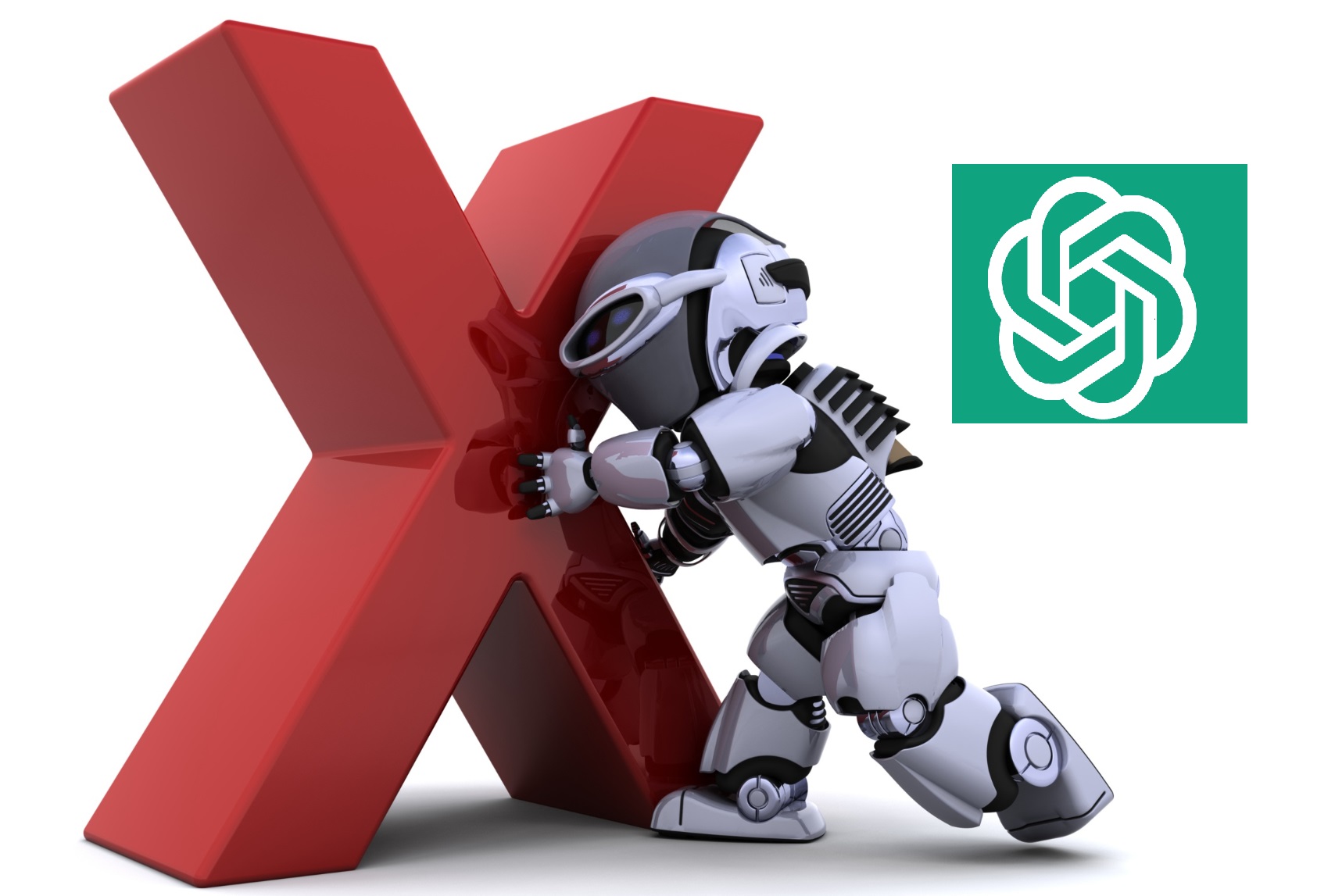
How to Prevent Your Website Content being Crawled by ChatGPT?
OpenAI's recent launch of GPTBot, a web crawler designed to enhance AI models like GPT-4 and GPT-5,
raises important questions about data privacy, access control, and ethical considerations. Learn about
GPTBot, its workings, and how you can limit its access to your website's content.
Understanding GPTBot: OpenAI's GPTBot is a web crawler aimed at gathering data from across the internet to improve the accuracy, capabilities, and safety of AI models.
GPTBot's User-Agent Token and String are:
- User agent token: GPTBot
- Full user-agent string: Mozilla/5.0 AppleWebKit/537.36 (KHTML, like Gecko; compatible; GPTBot/1.0; +https://openai.com/gptbot)
GPTBot's Filtering Mechanism
GPTBot is designed to diligently filter out certain types of data sources to uphold privacy and comply with policies:
- Excludes paywall-restricted sources.
- Avoids sources violating OpenAI's policies.
- Does not collect personally identifiable information.
The Benefits and Choice of Participation
Allowing GPTBot access to your website contributes to improving AI models by enriching the data pool. While GPTBot offers significant potential for enhancing AI, OpenAI respects the autonomy of website owners to decide whether to grant or restrict access.
Controlling GPTBot's Access
Website owners have the power to determine GPTBot's access to their content through the robots.txt file. Here are two options:
Complete Restriction:
To prevent GPTBot from accessing your entire website, add the following lines to your robots.txt file:
User-agent: GPTBot
Disallow: /
Partial Access:
If you want to allow GPTBot to access specific directories while restricting others, customize the robots.txt file:
User-agent: GPTBot
Allow: /allowed-directory/
Disallow: /restricted-directory/
Transparency and Technical Details
GPTBot's operations are traceable through IP address ranges documented on OpenAI's website, enhancing transparency for website administrators regarding traffic sources.
Legal and Ethical Considerations
OpenAI's GPTBot has ignited discussions around the ethics and legality of web data scraping for AI training:
- Some argue that allowing GPTBot offers no traffic benefit unlike search engine crawlers.
- Concerns exist about copyrighted content used without proper attribution.
- Questions arise about GPTBot's handling of licensed media that could potentially lead to copyright infringement.
Complex Debates and Future Implications
The introduction of GPTBot has sparked intricate debates about ownership, fair use, and incentives for content creators. While adhering to robots.txt is a positive step, transparency regarding data use remains a concern. The evolving landscape prompts the tech community to ponder how their data contributes to advancing AI products.
Conclusion
OpenAI's GPTBot presents a balance between AI advancement and data privacy concerns. By understanding how GPTBot operates and the measures to control its access, website owners can make informed decisions about their content's exposure in the ever-evolving AI ecosystem.